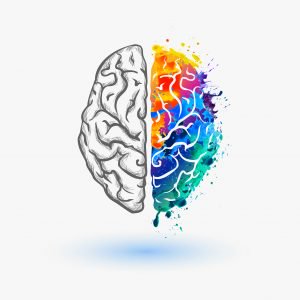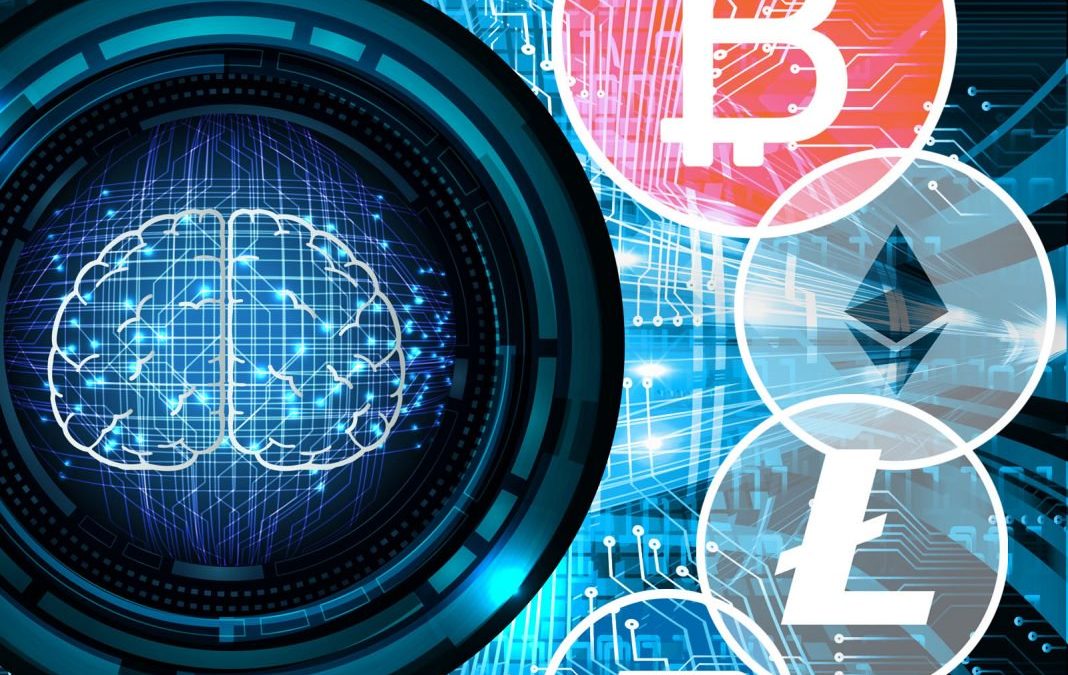Fiat currencies make us mean and inhumane, according to most money research. On the other hand, cryptocurrencies might bootstrap humankind with more compassion, tenderness, and love. These digital assets could disrupt our psychology and increase human happiness. It’s in the nature of how these currencies function.
Also read: Bitcoin Markets Rebound as More Chinese Exchanges Plan to Close Operations

That said, if fiat currencies do exacerbate or even cause the money-empathy gap, and other negative psychological phenomena, how does cryptocurrency negate that? Before delving into the psychology of cryptocurrencies, it is important to examine how cryptocurrencies are different from fiat monies.
Cryptocurrency: A New Kind of Money
Cryptocurrencies by their nature were meant to alter human psychology. They were created by crypto-anarchists for the purposes of reshaping the social order — by undermining a system that was erected on the blood and sweat of the people. In this sense, whenever someone creates technology to alter society, it also augments human behavior. Digital currencies do this because they have several properties that fiat currencies do not possess.
Decentralization
Cryptocurrencies are decentralized. This means there is no single point of failure. There is not a centralized honeypot for bureaucrats, thieves, or bankers to collect data from or steal from.

Decentralization is the crux of this technology. It means cryptographic systems are spread throughout a vast network of interacting and cross-communicating computers. In this manner, if one computer — or node on the network — fails, the network will still chug along.
Peer-2-Peer
Another important aspect of blockchain-based cryptocurrency is they are peer-to-peer networks. This suggests all transactions occur between Alice and Bob. There is no trusted intermediary needed to intercede on behalf of the transactors. They simply make the exchange and go about their business.
This sounds like a simple idea, but it is really grand in the current financial environment. Most credit and electronic transactions that take place within the fiat system pass through a gatekeeper. This is a company or institution than skims profits off the top off all exchanges that occur within the system. It is a middleman that hijacks part of the value exchanged between two people.
Borderless and Permissionless
Furthermore, cryptocurrencies like bitcoin are also borderless and permissionless. This means transactions can travel beyond artificial constraints such as national borders, and generally at low cost. This automatically instills people with the idea the dollar or other fiat currencies aren’t superior kinds of money.

These digital currencies are also permissionless, which means that anyone can build them or change them. In this regard, many of them are open source. They do not require permission from authorities to build or upgrade. Anyone can write some python code and create new money to their heart’s content.
In the future, there may be Alice coin or Bob coin. There might be a digital token for anyone who wants them. This radically changes the way humans relate to each other concerning exchanges of value.
Psychological Differences Between Fiat Money and Cryptocurrency
The aforesaid features are what ultimately allow cryptocurrencies to start rewriting the firmware of human psychology. Since fiat currencies are controlled by banking cartels and central governments, people’s psychology — their behavior, emotions, and thought processes — become intertwined with the currency.
This creates a master-slave dynamic in regards to fiat currency. It creates a psychological scenario where people who have it, consciously or unconsciously, associate it with power and control. In other words, fiat currency overrides our neural networks and makes people mean. It disintegrates people’s innate proclivity to empathize, as demonstrated by the money-empathy gap experiment.

Cryptocurrency, on the other hand, represents a different dynamic. It is a network dynamic that is based on the underlying principle of connection and sharing and cooperation.
Friend-Friend dynamic
This new friend-friend dynamic crops up as a result of cryptographic features. These are the characteristics of decentralization, peer-2-peer transacting, and borderless and permissionless trading. When these emergent properties of computational monetary systems arise, it changes the way people feel about each other in relation to money. People now view each other as partners or ‘friends’ in a forward-moving, cooperative financial economy.
To wit, people have reason to be more compassionate. They are no longer being bombarded by money that is associated with greed and power. They are interacting with a paradigm that is based on algorithmic fairness. We can already see this manifesting in society. In a previous article on the topic, I mentioned my colleague Jamie Redman and his perception of the wealthy in society:
For example, Bitcoin enthusiast and Journalist Jamie Redman of news.Bitcoin.com is known as the family man of Bitcoin. He chats with his children about money and the promise of cryptocurrency, and does not despise either the rich or poor. His mentality may be unique, but it seems to foreshadow the idea that Bitcoin is altering our psychology. Vice even wrote an article about his family-oriented ideals called “Meet the Bitcoin Family.” This means things are changing for the better.
Nature Via Nurture in Economic Systems; Holarchy Versus Aggressive Hierarchy
Some people, however, argue all money leads people to become evil and greedy, hence the phrase “money is the root of all evil.” It is not money that leads people toward evil and greed, though. It is more likely the structure and function of institutions exacerbate phenomena like the money-empathy gap.
When the game is rigged so there are few winners and many losers, people turn hostile and aggressive. They lose their ability to connect and empathize with others.

This results from the interaction of the environment with a person’s genetics. It is not that people are genetically geared to fight each other or be inhumane. It is just human behavior transforms to match the style of environment they populate. In other words, nature via nurture oftentimes determines our behavior, especially in the realm of economics and money psychology.
In this sense, if the structure of society and its monetary system is refashioned to represent a holarchy rather than aggressive hierarchy, it is likely people’s economic and psychological behavior will change with it. This would lead to more compassionate, empathetic, and care-giving lifestyles. This is what cryptocurrencies are in the process of doing.
The Rise of Cryptopsychology
Even though bitcoin and cryptocurrency herald a new paradigm of compassion, the true nature of their ability to shift human psychology has yet to be seen. There has not been much research on whether cryptocurrency interactions change psychology; but because of how human psychology functions environmentally, cryptocurrencies are already reshaping humanity — making people more compassionate and loving.
I call this new realm of inquiry crypto-psychology. It is a field that would explore how blockchain technology, cryptocurrency, and other innovative technology changes how we think and perceive. My guess is that it will open a Pandora’s Box of new insights, and that we will see how flexible human nature is when trustless protocols unfetter everyone from the dominator culture in which we dwell.
Do you think have more wealth causes the money-empathy gap? Share your thoughts in the comments section below!
Images courtesy of Shutterstock
Get our news feed on your site. Check our widget services.














